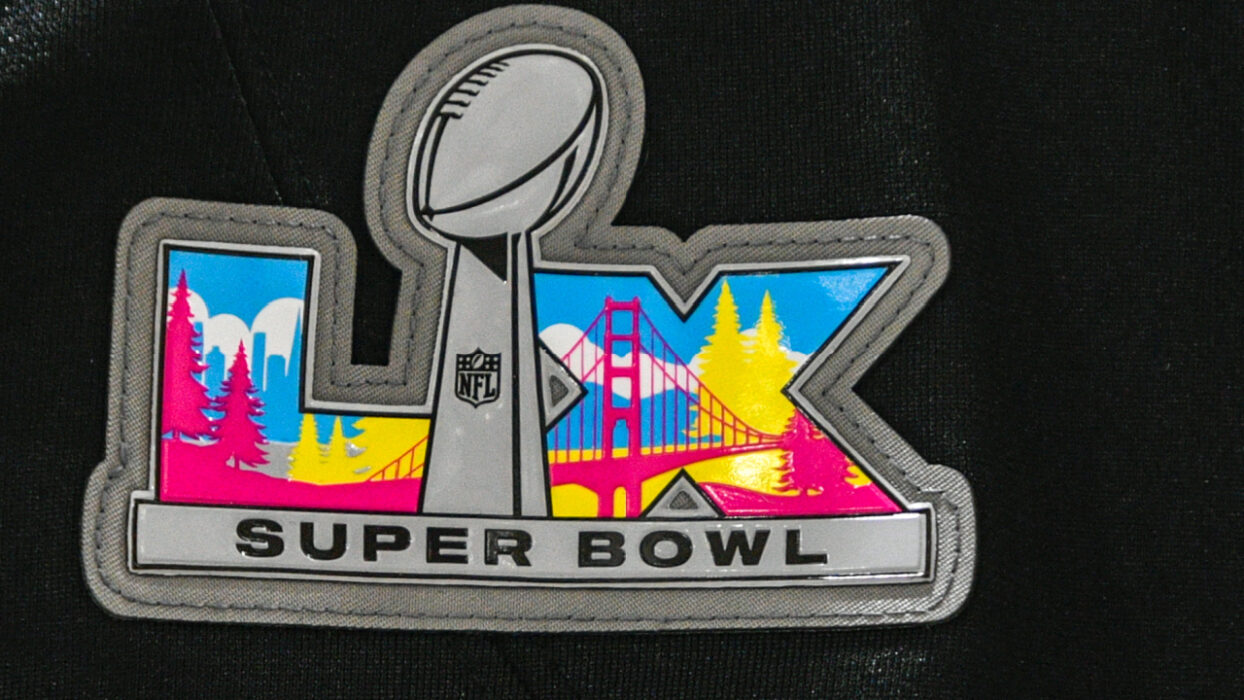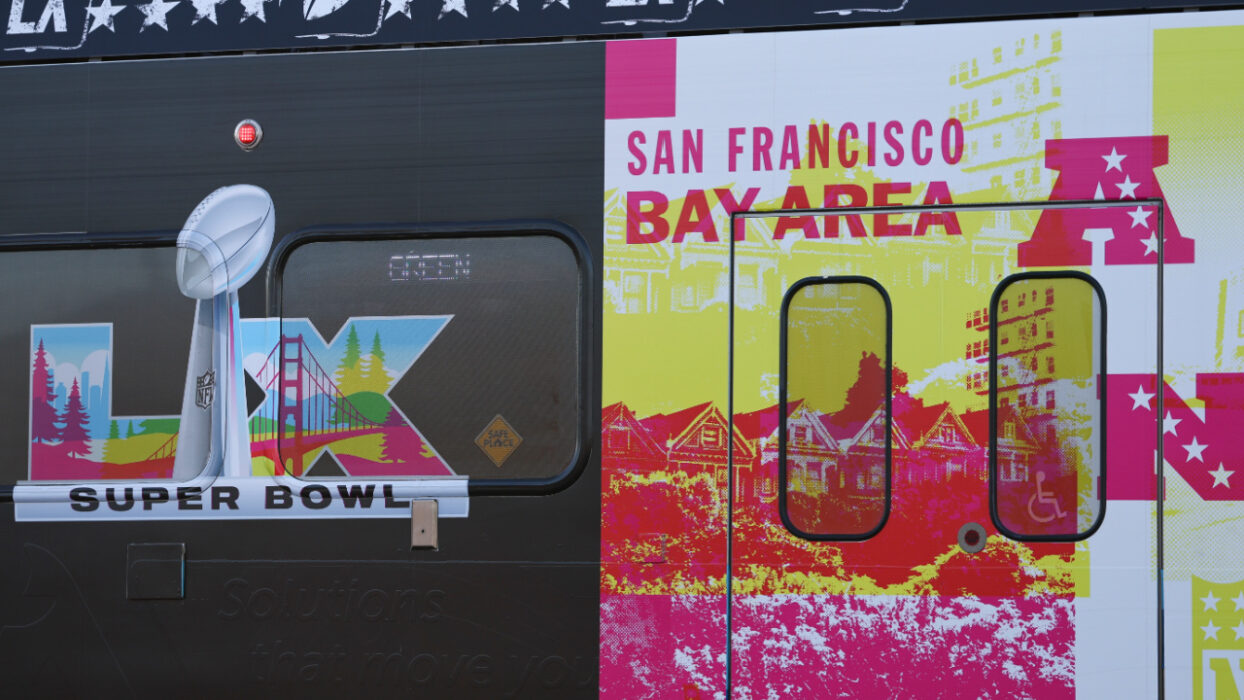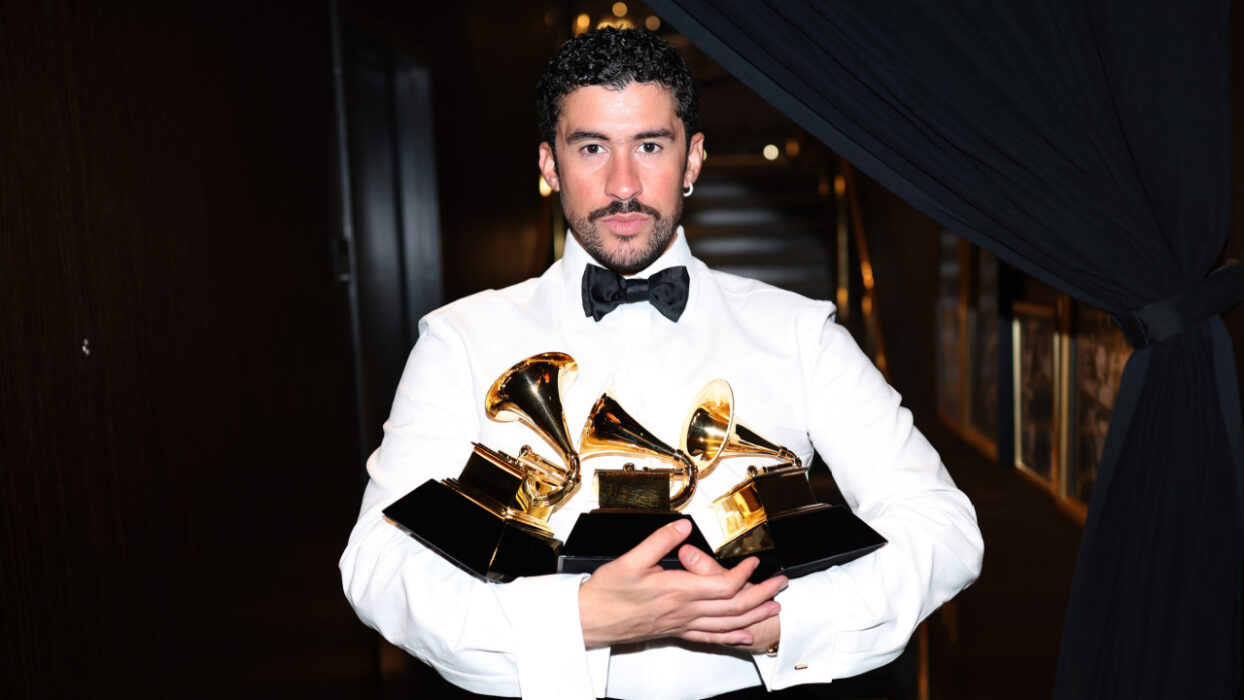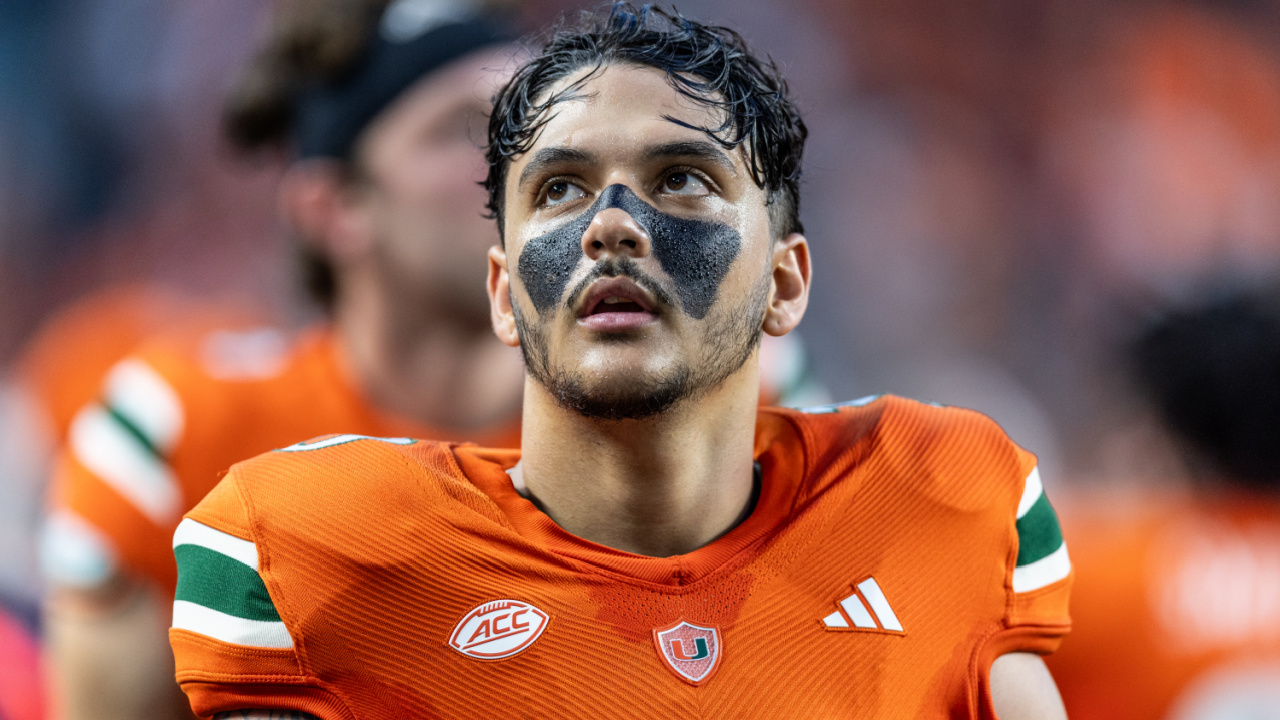
Becky G and Country Singer Mickey Guyton Get Real About Toxic Workaholic Mentality in Marginalized Communities
Courtesy Facebook Watch
Becky G has long been a champion of breaking down the stigma surrounding mental health — especially in Black and brown communities. She has even brought her mission to the screen with her Facebook Watch show, “Face to Face with Becky G,” which documents Becky G’s one-on-one discussions about difficult topics with other public figures like Diego Boneta, Anthony Ramos and, most recently, Mickey Guyton.
Mickey Guyton is a popular Grammy-nominated country singer who found a ton of success in 2020. She also happens to be Black — a rarity among country singers. Guyton released her song, “Black Like Me,” via Instagram in response to the Black Lives Matter movement of 2020. Although her record label didn’t support Guyton releasing the song, Guyton took the initiative to do it anyway, without the backing of her label. It became a smash hit.
Last month, Mickey Guyton stopped by “Face to Face with Becky G” to discuss the negative impact that being a person of color in a creative industry can have on one’s mental health. In their conversation, they bonded over how they both struggled to address their mental health problems because there is still such a taboo around speaking about mental health issues in communities of color.
“How do you take care of yourself? How do you protect your mental health and work on that?” Becky G asked Guyton.
“Well I’m still working on it,” Guyton responded. “February 6, 2021 I was 9 months pregnant and about to give birth to my son. And I got an influx of awful hate mail because I called out the [country music] industry and its racism and sexism.” Guyton then detailed the vitriolic racist messages she received from country music fans, including repeatedly being called the n-word. “I was in a really bad place and I had to go on antidepressants that were life changing.”
“I’m really proud to hear you say that you seeked [sic] professional help, because I think that that’s something, within our communities, is so taboo. It’s not talked about,” said Becky G. “And because its not talked about it’s neglected, and then it explodes in your face.”
Becky continued: “My grandparents and my own parents and myself have struggled with mental health and it’s made me want to go back to school and study psychology… I don’t even know what therapy was. And then, to see a psychiatrist or to see a therapist you had to be insane.”
“It was looked down upon,” Mickey agreed. “Like, ‘Oh she needs to go the crazy house!'”
The two women then discussed how they’ve leaned on their families as support systems when they’ve been struggling with their mental health. “We have to admit that we all need help,” said Guyton. “And it’s okay to need help… I think this pandemic really showed us the importance of family.”
Becky G mentioned that family has been her support system as well, while admitting that their upbringings in marginalized communities created a toxic workaholic mentality within them, where they feel pressure to be an example for their communities at the expense of their own happiness.
“You said it earlier: ‘If I don’t do it, who else will?'” Becky said to Mickey. “So I got to keep going, even if I’m in pain, even if I’m hurting.”
What Becky G and Mickey Guyton discussed in this most recent episode is more relevant than ever. Studies show that there is more stigma around discussing mental health issues in minority communities than in non-minority communities. And how can we fix a problem if we’re too afraid to discuss it?
We’re rooting for more artists like them step up in the hopes we’ll all be more comfortable addressing mental health in the future.
Watch the full episode here.




